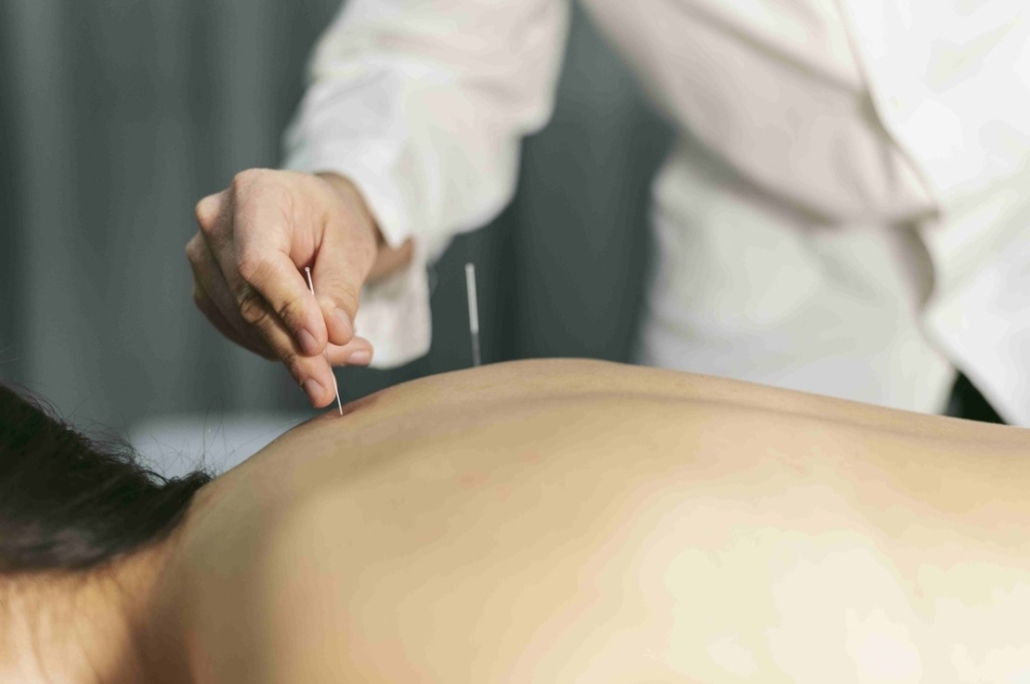Can Acupuncture Help Reduce Stress and Balance Hormones?
Stress and hormonal imbalances are common struggles affecting millions worldwide, influencing mood, energy, sleep, and overall health. Many people seek natural ways to manage these issues, avoiding heavy reliance on medications. Acupuncture, a practice that dates back thousands of years and originated from Traditional Chinese Medicine (TCM), has grown in popularity as a complementary approach to addressing both stress and hormone-related problems. By stimulating specific points on the body, acupuncture aims to restore balance and harmony. One promising area is acupuncture for hormonal balance, which focuses on regulating hormone function while also easing stress.
How Acupuncture Works to Reduce Stress
Stress triggers the body’s fight or flight response, activating the hypothalamic-pituitary-adrenal axis, which controls the release of cortisol – the primary stress hormone. While cortisol helps the body respond to immediate threats, chronic stress keeps cortisol levels high, contributing to anxiety, fatigue, insomnia, and other health issues. Acupuncture has been shown to help regulate the HPA axis, reducing excessive cortisol production.
At the same time, acupuncture stimulates the parasympathetic nervous system, often called the rest and digest system. This shifts the body away from constant stress and into a relaxed state. The procedure also encourages the release of endorphins, natural chemicals that reduce pain and promote feelings of happiness and calmness. Through these combined effects, acupuncture offers a natural, drug-free way to help manage both the physical and emotional toll of stress.

Hormones and Their Role in Health
Hormones are chemical messengers that regulate many bodily functions, including metabolism, mood, reproduction, and growth. Balanced hormone levels are essential for maintaining good health. When hormones become imbalanced, it can lead to symptoms such as mood swings, fatigue, irregular periods, weight changes, and difficulty sleeping.
Common hormonal issues include thyroid disorders, polycystic ovary syndrome (PCOS), menopause, and premenstrual syndrome (PMS). Many people with these conditions seek treatments that support hormone function naturally, and this is where acupuncture may offer significant benefits.
How Acupuncture Supports Hormonal Balance
Acupuncture targets specific points linked to hormone-producing glands such as the pituitary, thyroid, ovaries, and adrenal glands. By stimulating these points, acupuncture can promote better circulation and nervous system function around these areas, helping the body regulate hormone production naturally.
Research suggests acupuncture activates the hypothalamus and pituitary gland, key components of the endocrine system responsible for hormone signal control. This stimulation can encourage a healthy balance of estrogen, progesterone, testosterone, and thyroid hormones, which are often disrupted in hormonal disorders.
Many women, for example, find acupuncture useful in managing menstrual irregularities, easing menopause symptoms like hot flashes, and reducing PMS discomfort. Acupuncture’s gentle approach can support the body’s natural ability to restore hormonal equilibrium without harsh side effects often associated with pharmaceutical treatments.
Practical Benefits of Acupuncture
Apart from hormone regulation and stress relief, acupuncture helps with other stress-related symptoms such as headaches, digestive issues, muscle tension, and insomnia. It is a minimally invasive treatment with rare side effects, typically allowing people to continue with their daily routines comfortably.
For best results, acupuncture sessions are usually scheduled once a week or every two weeks over several weeks. Consistency helps build lasting hormonal and emotional balance. It’s most effective when combined with lifestyle adjustments like a balanced diet, regular exercise, hydration, and mindfulness practices.
Choosing acupuncture can also empower individuals to take control of their health by offering a holistic healing option that supports physical, emotional, and hormonal well-being.
Who Can Benefit from Acupuncture for Hormonal Balance?
- People experiencing symptoms related to menopause, menstrual irregularities, infertility, thyroid disorders, and long-term stress may find acupuncture helpful.
- It’s also good for those wanting to manage stress without medication or seeking complementary treatments alongside conventional care.
However, acupuncture is not a quick fix or guaranteed cure, and results vary based on individual health conditions and the skill of the practitioner. It is essential to consult with licensed acupuncturists who assess your unique health needs to design an appropriate treatment plan. One of the advantages of acupuncture is its personalized nature, treating the whole person rather than focusing on isolated symptoms. This integrative approach recognizes stress and hormone imbalance as interconnected, often improving overall vitality and quality of life.
Final Thoughts
Balancing hormones and reducing stress are crucial for maintaining physical and mental health. Acupuncture offers a gentle, natural way to support this balance by influencing the nervous and endocrine systems. It reduces cortisol levels linked with chronic stress while promoting hormone regulation through targeted stimulation of key areas in the body.
This ancient therapy continues to gain recognition in modern integrative health practices for its ability to address stress and hormonal issues together. At Hannah Integrative Health, acupuncture is viewed as part of a comprehensive wellness approach that supports sustainable, holistic health. It encourages the body’s self-healing abilities, helping you find greater balance and well-being in everyday life.
